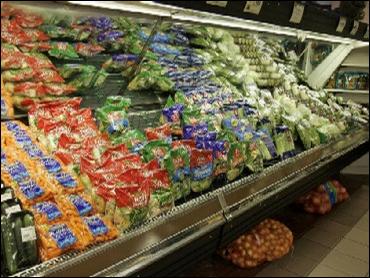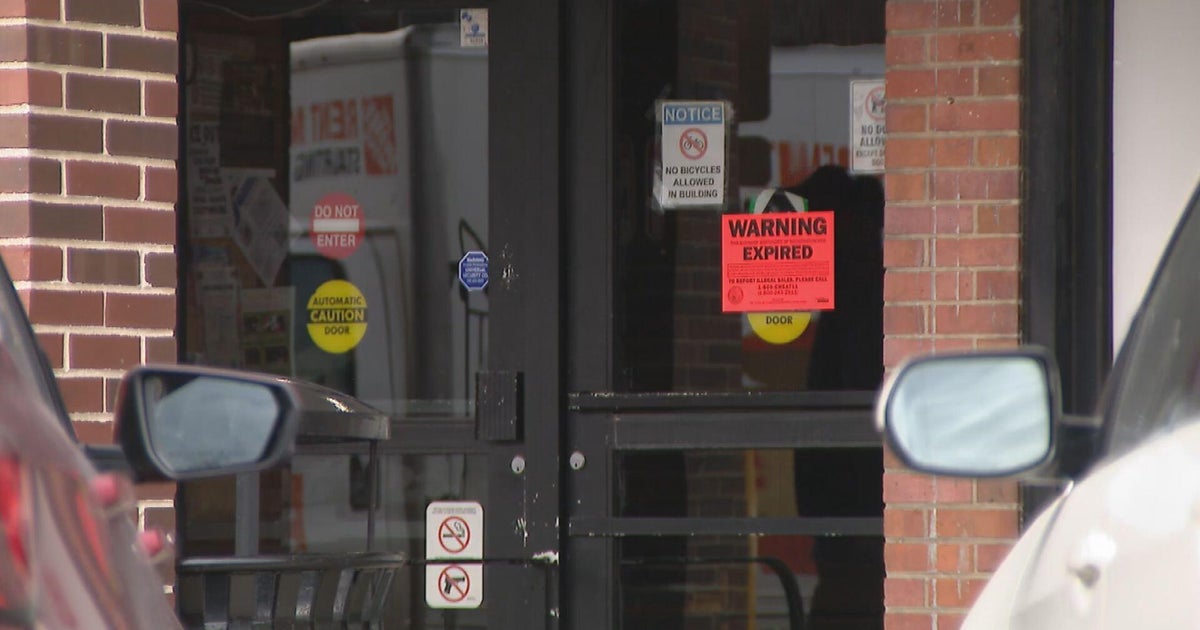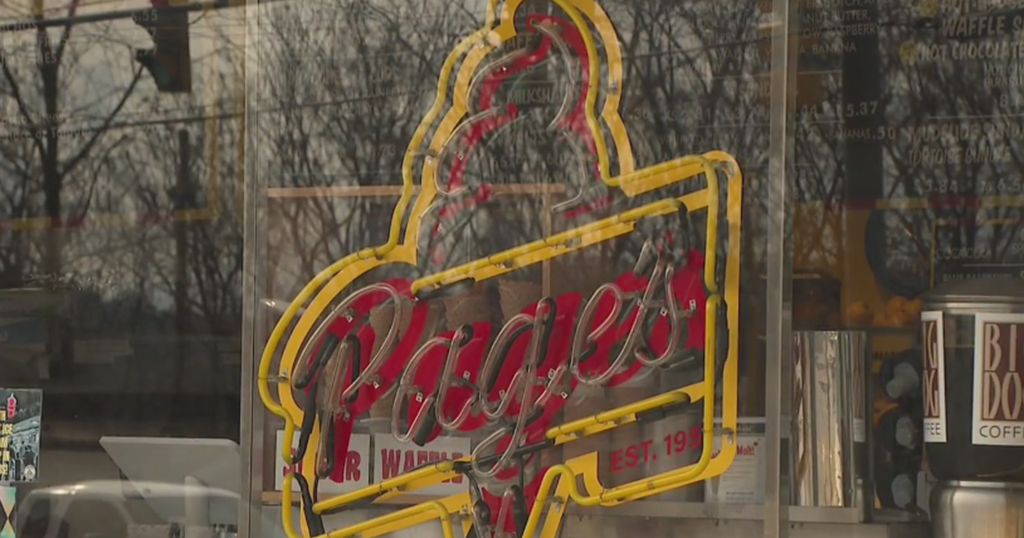'Curious' Why Food Prices Vary From Store To Store

Buying groceries is one of the biggest bills any family faces. To save money, many of us are always looking for the best prices. Mark from Leominster asked on WBZ's Curiosity Web page, "Why grocery store prices are so different?"
He isn't the only one scratching his head about some seemingly inexplicable price variations.
John O'Brien of Stoughton was confused about the differences he was seeing in the price of milk.
He also went to WBZ's Curiosity page and asked, "Why both Stop and Shop and Shaw's markets in Stoughton charge $1 more per gallon for milk than their west-side Brockton stores?"
That price difference can really have an impact. "We go through two gallons of milk a week, and by going to Brockton I would save $100 a year in milk," said John. "It just seemed crazy that within five miles of each other, the price would be $1 more in the same chains."
WBZ went shopping and found the same exact thing. Both chains charged $3.69 a gallon in Stoughton. But in Brockton, you could get the same exact milk for $2.79 at Stop and Shop, and $2.69 at Shaw's. "It just baffles me why it would be that different," said John.
Edgar Dworsky of ConsumerWorld.org says this scenario is actually pretty common. "It's called 'zone pricing,'" he explained. "Retailers and supermarkets price differently in different towns."
Although many of us might think a zone would be large, that isn't always the case. Dworsky said that it often happens when a store is just a mile or two away from another one, even in the same chain.
He said he often finds prices differences between the Stop and Shop stores in Medford and Everett, even though they are just a mile or two apart.
WBZ checked the circulars for those stores for one week and found that prices on common items like orange juice and cucumbers were different. Dworksy said it's not illegal for the stores to do this. "With zone pricing, a store is perfectly free to charge whatever they want, as long as they disclose the price to the consumer."
Competition and the cost of rent can contribute to price fluctuations within the same chain. Those differences can be even bigger between chains. Dworksy added, "It's no longer just a nickel or a dime difference between chains."
WBZ decided to test this out by checking the prices on 17 routine items, none of them on sale, at five local stores in one day. The bill ranged from $37.13 at the Market Basket in Woburn, to $51.46 at the Star Market in Brighton. That's a difference of 39 percent.
Dworsky said consumers absolutely have to shop around. "If you are stuck at one of the more full priced supermarkets, try one of the alternatives. You might really be surprised."
Make your voice heard. Click here to comment on this story and read comments left by others.
© MMX, CBS Broadcasting Inc. All Rights Reserved.







